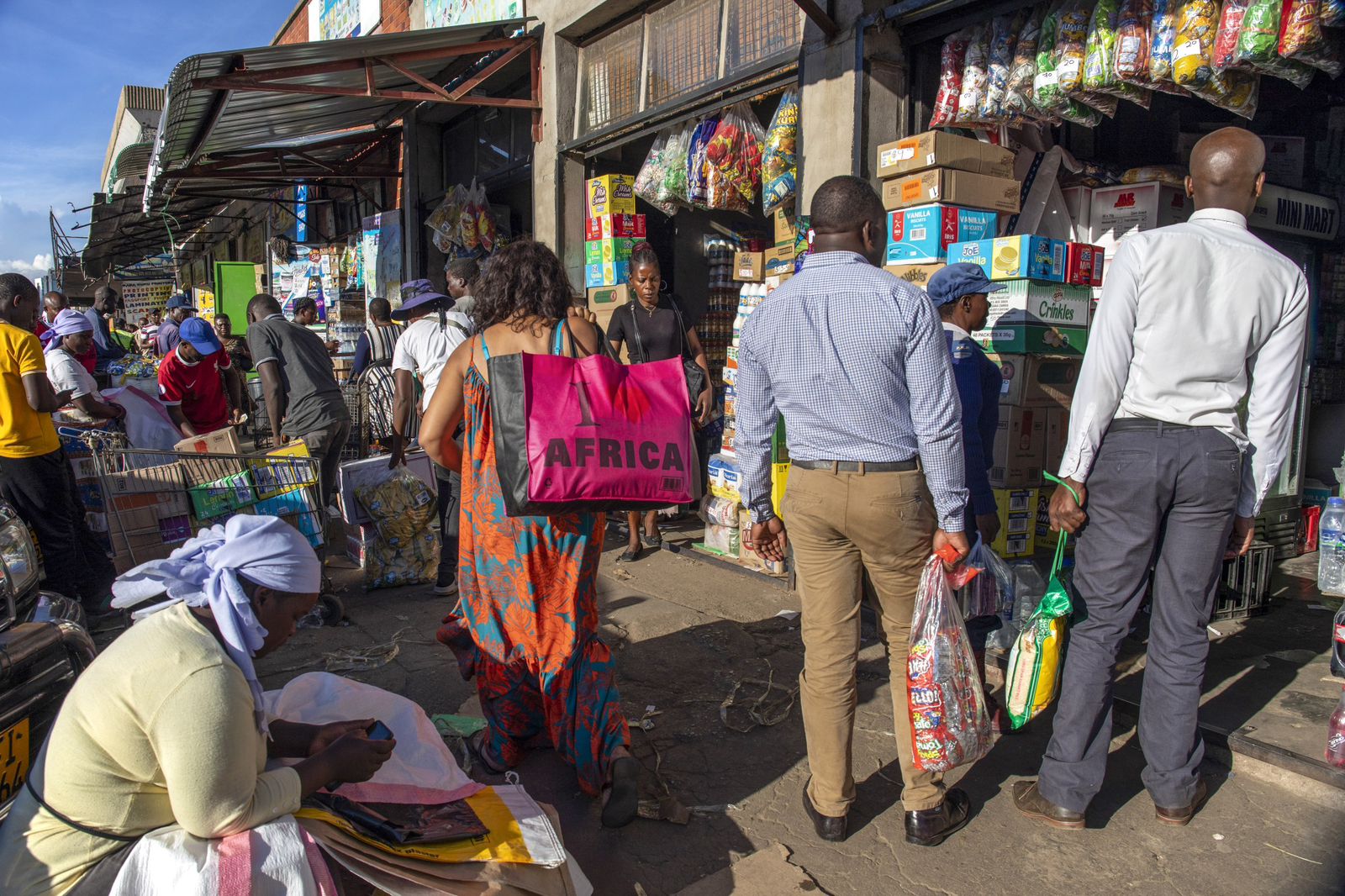Annual inflation quickened to 55.3% this month from 47.6% in February, the Zimbabwe National Statistics Agency said Wednesday.
By Ray Ndlovu, Bloomberg
Zimbabwean annual inflation surged to a seventh-month high, days after the finance minister pledged to address price increases that are being fueled by the nation’s free-falling currency.
Annual inflation quickened to 55.3% this month from 47.6% in February, the Zimbabwe National Statistics Agency said Wednesday in an online briefing. Prices rose 4.9% in the month, compared with 5.4% in February.
The main contributors to the surge were the cost of food and utilities including housing, according to the statistics agency.
Finance Minister Mthuli Ncube said at the weekend that the authorities are aware of ongoing price instability in Zimbabwe and monetary policymakers are preparing a statement that will deal with the challenges.
“We are aware that there is currency instability in the main, which then impacts prices,” he said in an interview. “As government we will act.”
The Zimbabwean dollar has depreciated against the greenback every trading day this year. It’s weakened 72% in that period, making it the world’s second-worst performing currency, after the Lebanese pound.
Runaway price growth has been a long-standing issue for the southern African nation. At its peak in 2008, inflation topped 231 million percent and any sign that it’s accelerating conjures up painful memories of those times and makes citizens favor US dollars over the local unit.
The authorities have repeatedly taken action to rein in inflation and stabilise the currency, including maintaining the world’s highest interest rate of 130%, introducing gold coins, and bullion-backed digital tokens known as ZiG. They also changed the country’s inflation measure twice last year to better reflect the use of US dollars in the economy.
MORE FROM AFRICA NEWS 24
Cape Town to host second edition of Tourism Investment Forum Africa
They’re now working on revamping the local currency by possibly linking the exchange rate to gold.
“In the not so distant future, we will be able to make the relevant announcement through a monetary policy statement from the central bank,” said Ncube. “We will make sure that we do the right thing and that new announcement will engender the stability that is needed because we will put a monetary mechanism that will ensure that we have stability going forward.”
First published by: Bloomberg












